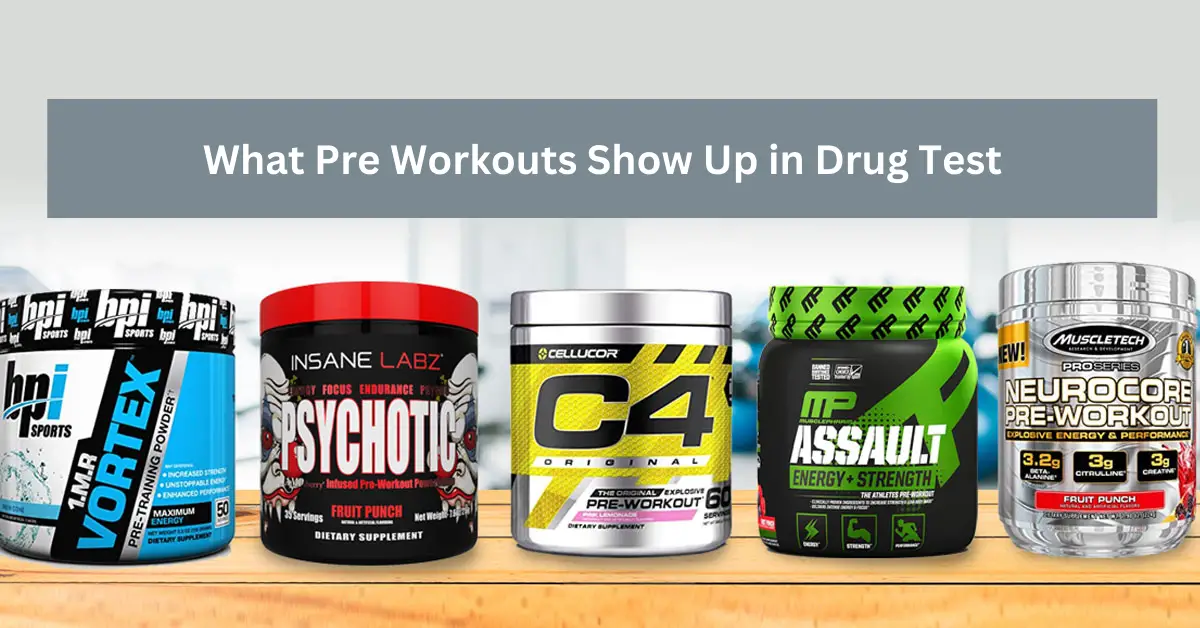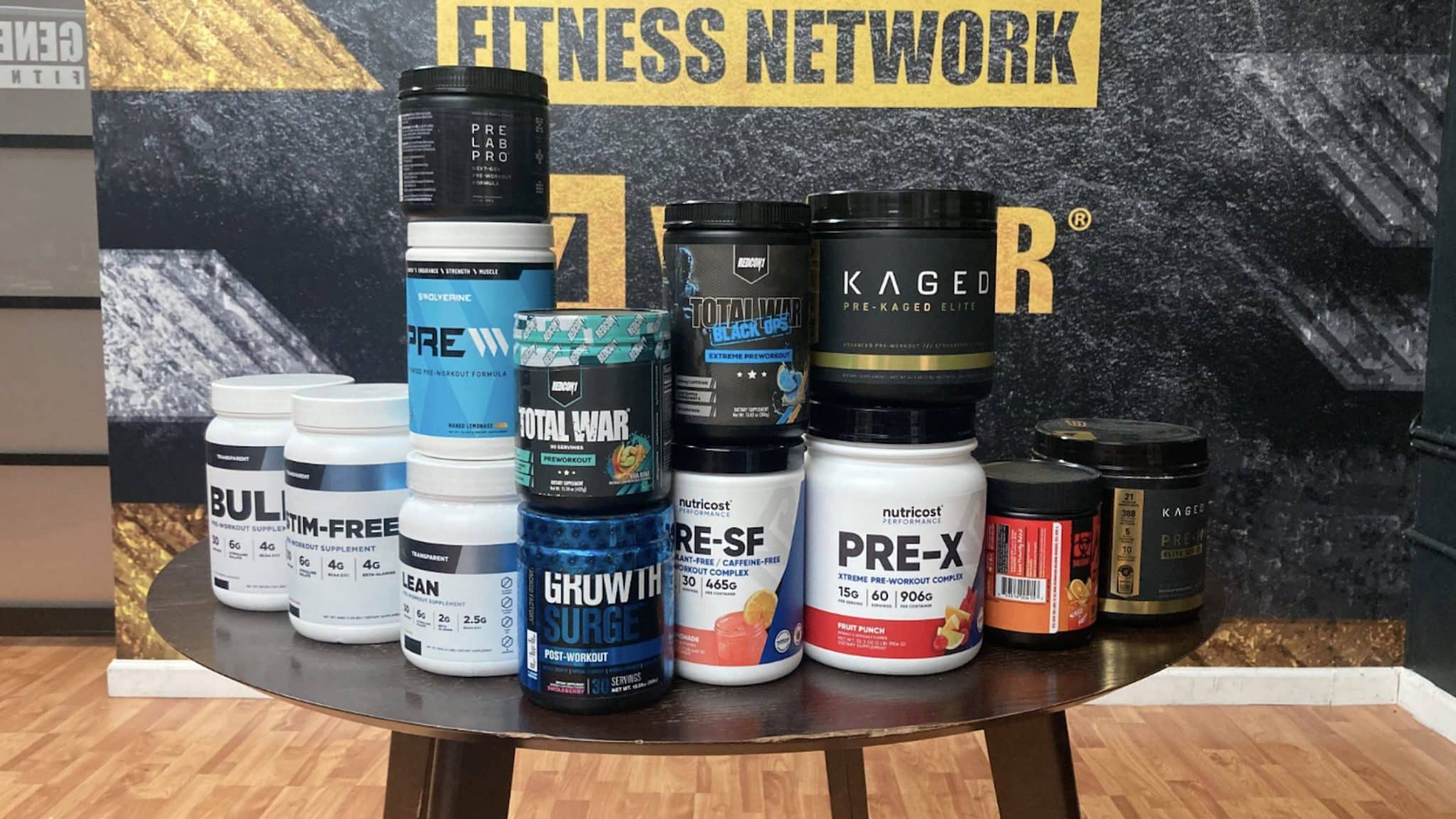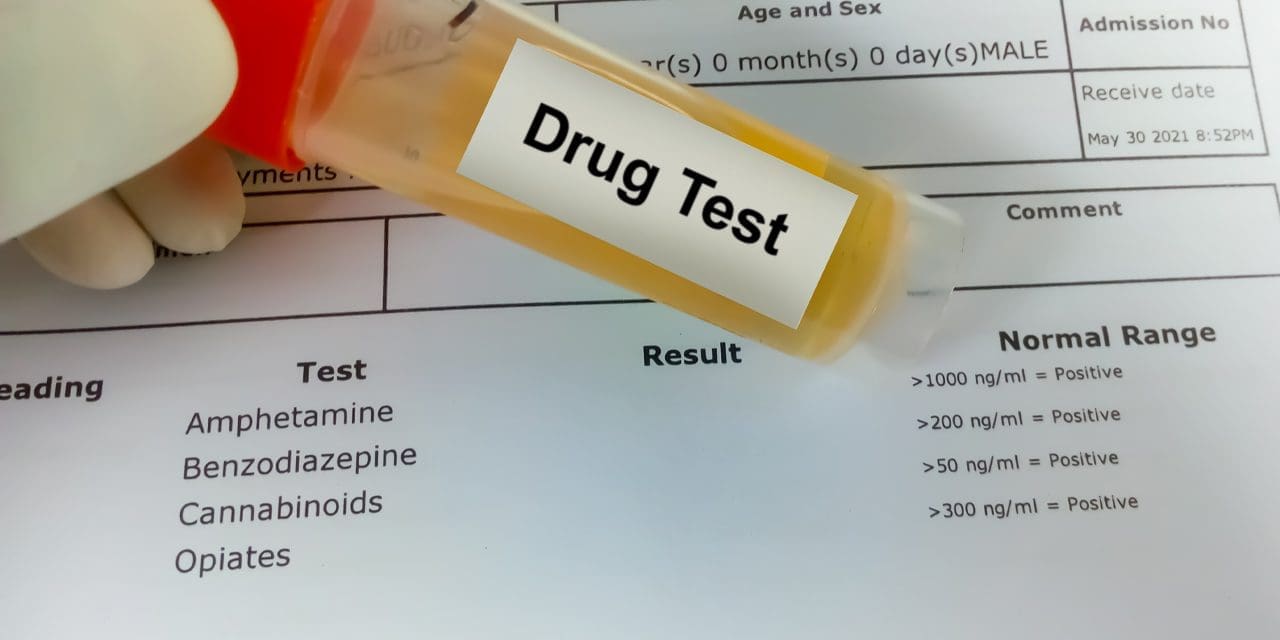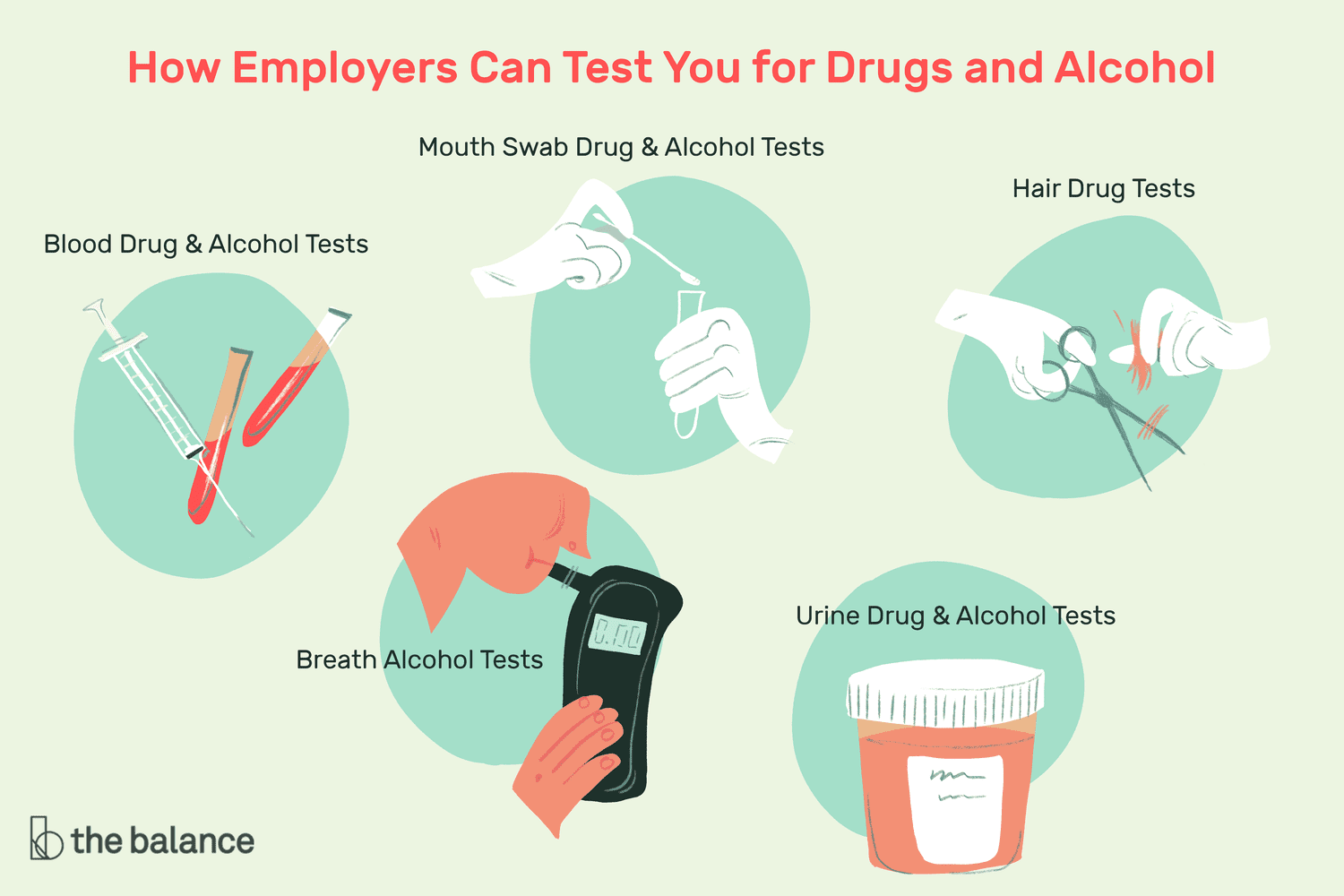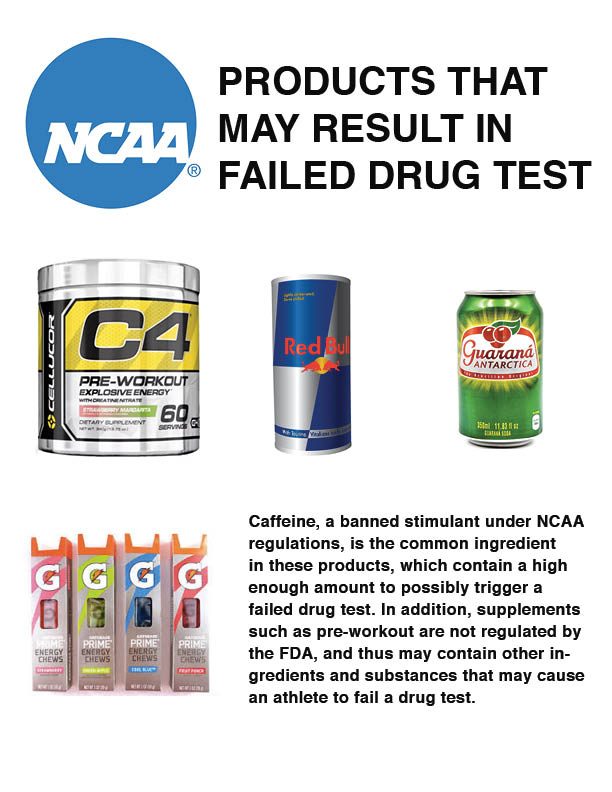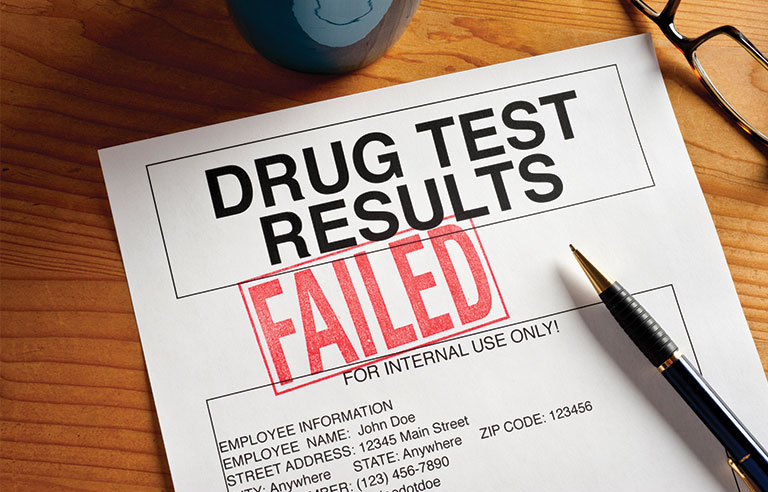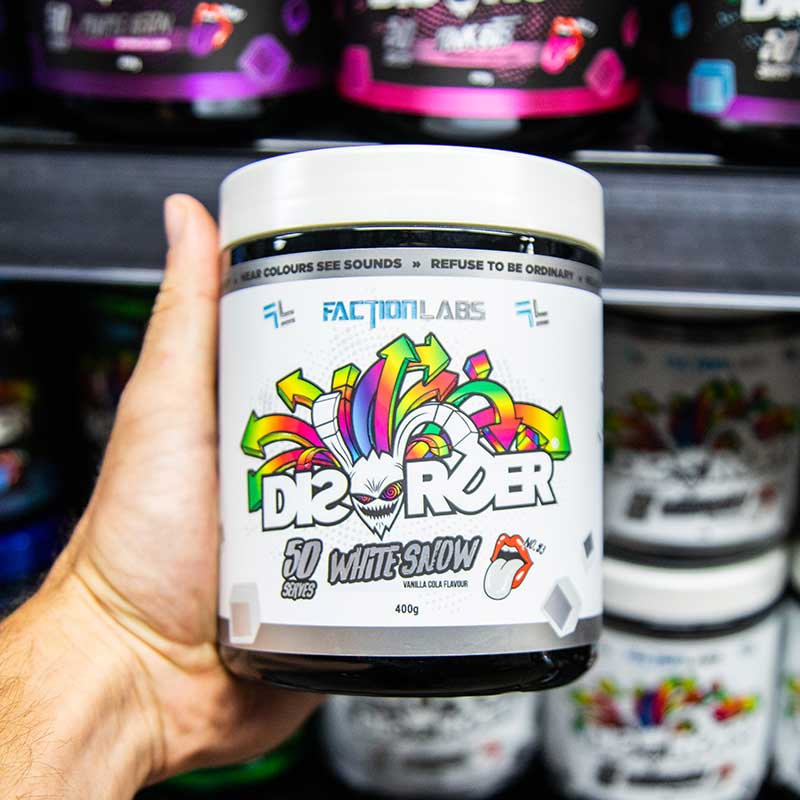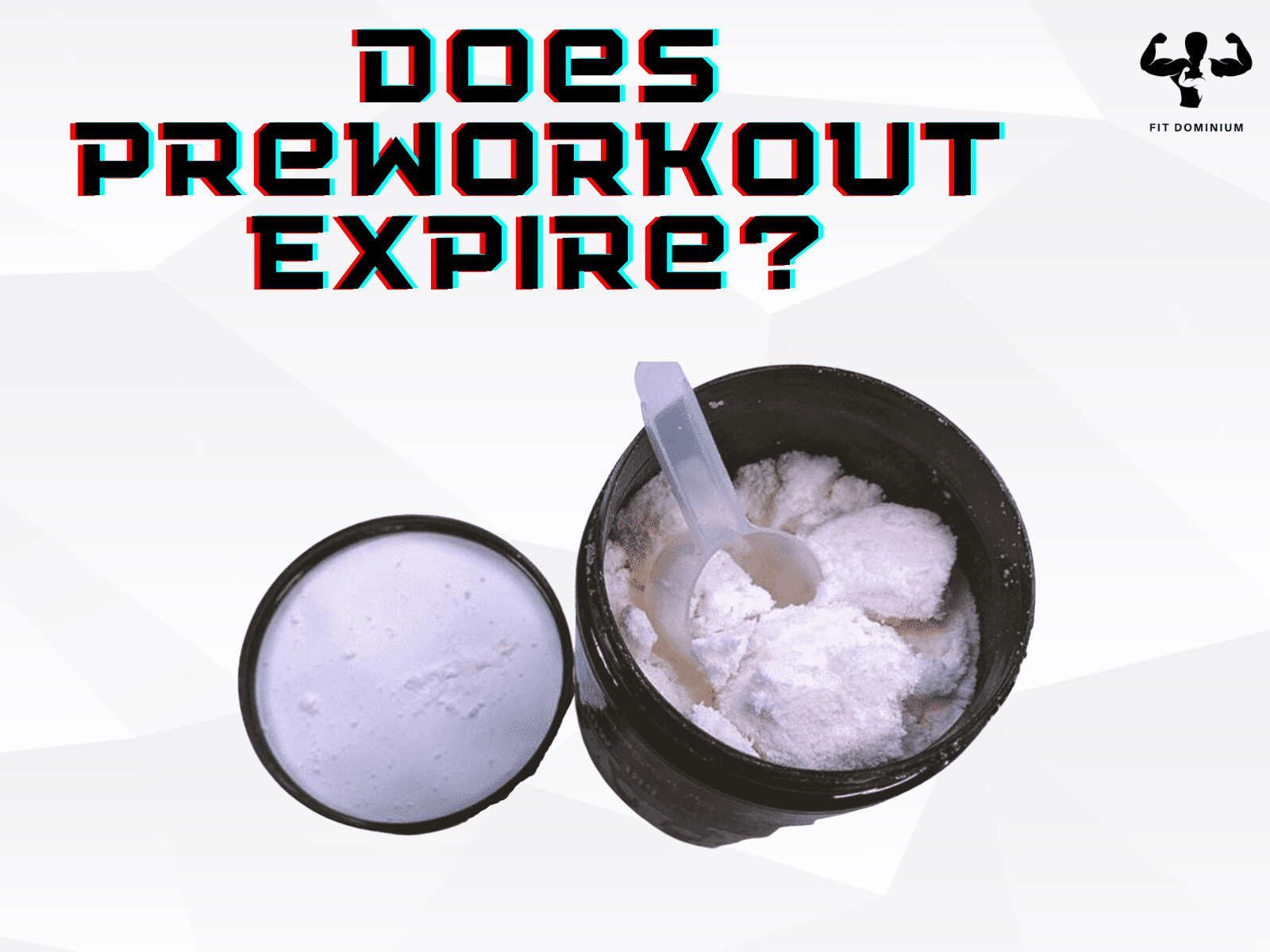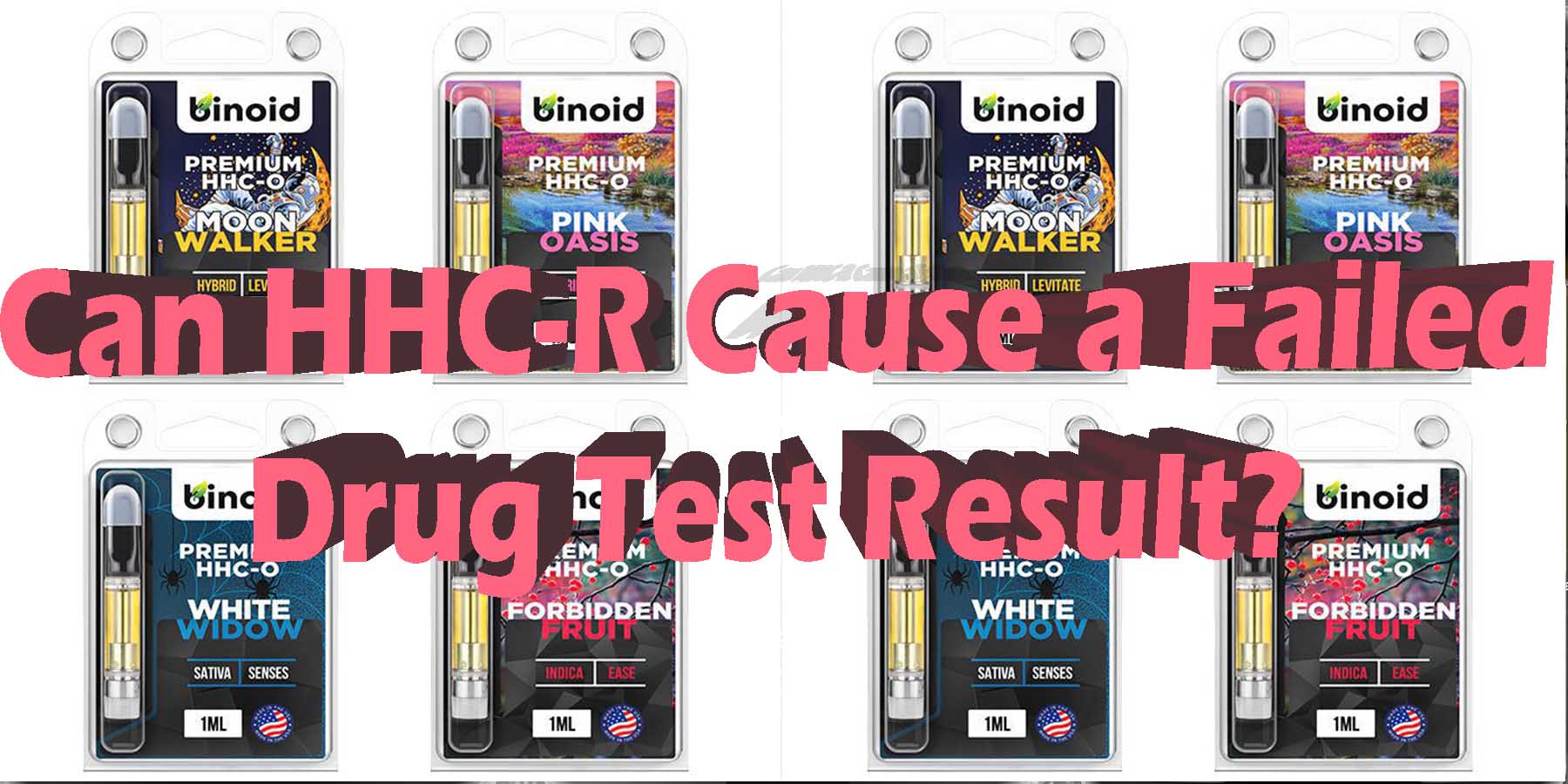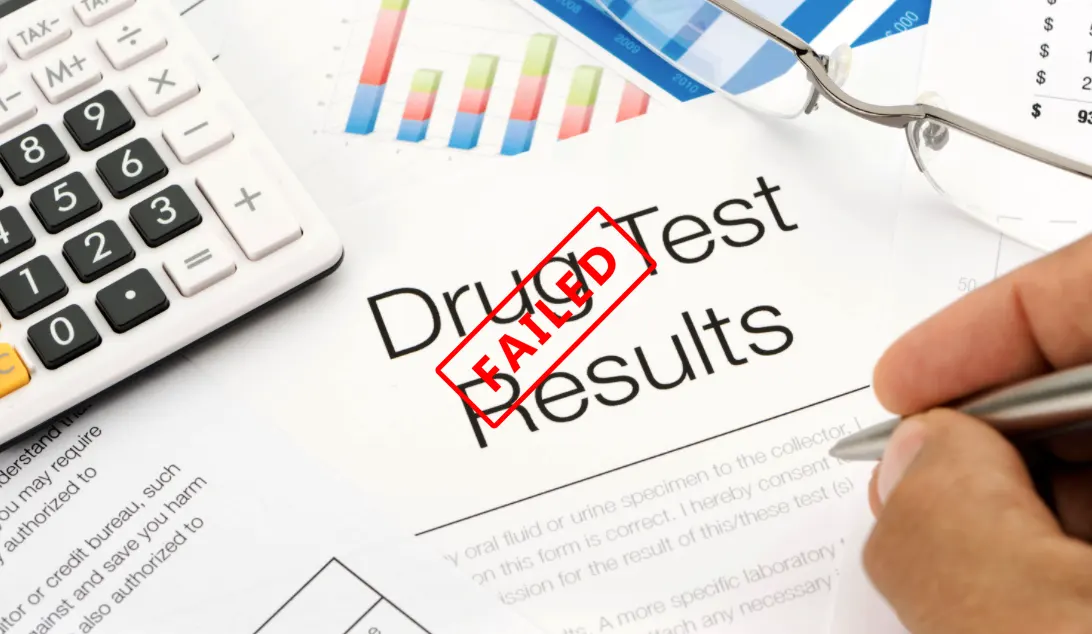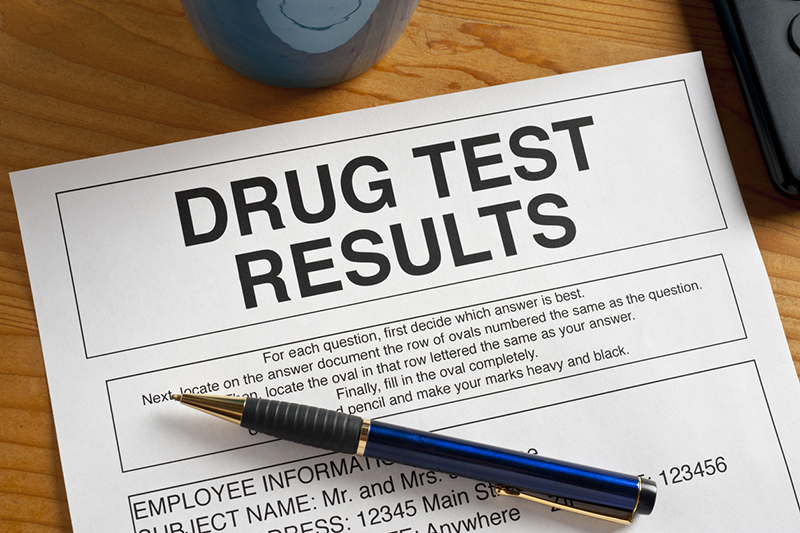Can Pre Workout Make You Fail A Drug Test

The quest for enhanced athletic performance often leads individuals to explore various supplements, with pre-workout formulas being a popular choice. However, a growing concern revolves around whether these readily available supplements can trigger a positive result in drug tests, potentially jeopardizing careers and athletic eligibility.
This article examines the potential risks associated with pre-workout supplements and their impact on drug screening outcomes. It delves into the ingredients commonly found in these products, their potential to trigger false positives, and provides guidance on how to navigate this complex landscape.
The Wild West of Pre-Workout Ingredients
Pre-workout supplements are notorious for their complex ingredient lists, often containing a blend of stimulants, amino acids, vitamins, and herbal extracts. This lack of standardization and regulation within the supplement industry introduces a significant element of risk.
The US Food and Drug Administration (FDA) does not require pre-market approval for dietary supplements, meaning manufacturers can introduce new products without rigorous testing or oversight. This allows for the inclusion of potentially problematic or even banned substances.
Common Culprits: Stimulants and Beyond
One of the primary concerns revolves around stimulants. Many pre-workout formulas contain stimulants like caffeine, which is generally permissible, but may also include more potent compounds like DMAA (1,3-dimethylamylamine) or DMBA (1,3-dimethylbutylamine).
These substances, often marketed as energy boosters or fat burners, have been linked to adverse health effects and are frequently prohibited by sports governing bodies. Their presence in pre-workout supplements can lead to positive drug test results and subsequent penalties.
According to the World Anti-Doping Agency (WADA), athletes are responsible for knowing what substances they are taking. Ignorance of ingredients is not an acceptable defense against a positive drug test.
Beyond stimulants, other ingredients can also pose a risk. Some pre-workout supplements may contain substances that metabolize into compounds similar to banned substances, leading to false positives.
For example, certain herbal extracts may contain compounds that share structural similarities with prohibited substances, potentially triggering a positive result in sensitive screening assays.
Understanding the Risk: False Positives and Labeling Issues
The possibility of a false positive is a significant concern for athletes and individuals subject to drug testing. These occur when a drug test indicates the presence of a prohibited substance, even though the individual has not knowingly ingested it.
Contamination during the manufacturing process is another potential source of false positives. Supplements produced in facilities that also handle banned substances may inadvertently become contaminated, leading to unintended exposure.
Furthermore, inaccurate labeling practices exacerbate the risk. Some manufacturers may not accurately list all ingredients on the product label, or they may use misleading terminology.
This makes it difficult for consumers to make informed choices and increases the likelihood of unintentionally consuming a prohibited substance. Independent testing and certification by organizations like NSF International or Informed-Sport can help mitigate these risks.
Mitigation Strategies: Informed Choices and Due Diligence
Individuals who are subject to drug testing should exercise extreme caution when using pre-workout supplements. The most important step is to thoroughly research the product and its ingredients.
Carefully scrutinize the ingredient list, paying close attention to unfamiliar or vaguely described substances. Consult with a qualified healthcare professional or a sports medicine specialist before using any new supplement.
Opt for products that have been independently tested and certified by reputable organizations. These certifications provide assurance that the product has been screened for banned substances and that the label accurately reflects its contents.
Consider alternative strategies for enhancing athletic performance that do not involve supplements. Proper nutrition, adequate hydration, and sufficient rest are essential for optimizing performance and minimizing the risk of drug test issues.
Athletes and individuals subject to drug testing are also advised to maintain a detailed log of all supplements and medications they consume. This documentation can be valuable in the event of a positive drug test, helping to demonstrate that the substance was unintentionally ingested.
Conclusion: Navigating the Supplement Maze
The potential for pre-workout supplements to trigger positive drug tests is a real and significant concern. The complex and often unregulated nature of the supplement industry, coupled with the presence of potentially prohibited substances, creates a challenging environment for athletes and individuals subject to drug screening.
By exercising caution, conducting thorough research, and seeking guidance from qualified professionals, individuals can minimize their risk and make informed decisions about supplement use. Prioritizing safe and ethical practices is paramount for maintaining both athletic integrity and career prospects.
Ultimately, the responsibility lies with the individual to understand the potential risks associated with pre-workout supplements and to take proactive steps to protect themselves from unintended consequences. Staying informed and making responsible choices is key to navigating the supplement maze successfully.


